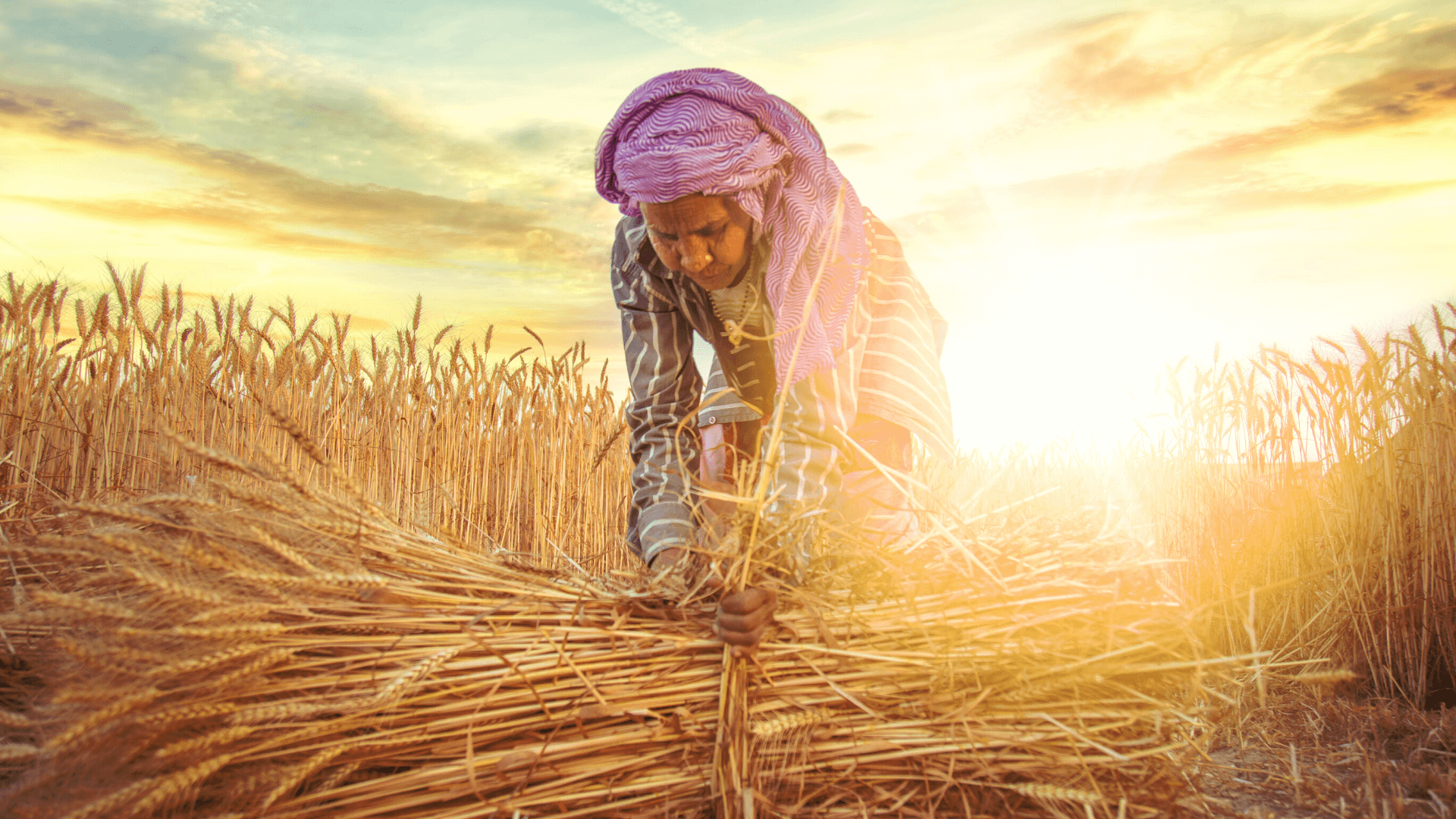On Wednesday, the Indian government announced a 140% hike in subsidy for di-ammonium phosphate (DAP) fertiliser. The subsidy was increased from Rs. 500 to Rs. 1200 to account for the rise in international market prices of phosphoric acid, ammonia, and other related materials by around 60-70%.
Last year, the price of DAP was Rs. 1,700 per bag, with the central government providing a subsidy of Rs. 500, which meant that the farmers were paying Rs. 1200 for each bag of DAP. Now, the price has shot up to Rs. 2400 per bag. With the recent decision of the central government, the farmers will continue to pay Rs. 1200 per bag. Accordingly, the government will be spending an additional Rs. 14,755 crores on subsidies for chemical fertilisers.
Per a press release by the Prime Minister’s Office, the aim of the measure was to ensure that farmers receive fertilisers “at old rates despite the international rise in prices.” During a high-level meeting on the issue, PM Modi reiterated his commitment to “the welfare of farmers” and hailed the announcement as a “historic pro-farmer decision.” The statement also highlighted that this was the “second major decision” taken, with the first one being the one to transfer Rs. 20,667 crores to farmers’ accounts under PM-KISAN.
This comes around a month after fertiliser companies announced a significant increase in the prices of DAP. Last month, the Indian Farmers Fertiliser Cooperation raised the Maximum Retail Price (MRP) of a 50 kg DAP bag by over 58% as the price of imported DAP had risen by over 35% in three months. This caused immense distress amongst the farmers in India, as it would have exponentially raised their input costs. For example, the estimated cost to grow soybean would have risen by Rs. 1400-2000 per hectare. However, the Indian government failed in its attempts to urge fertiliser companies to ensure that the burden of rising prices is not felt by the farmers.
Previously, several opposition leaders had called for the central government to act on the matter. Opposition leader Rahul Gandhi said that the hike in prices of fertiliser, petrol, and diesel, along with the lowering of subsidies and the income of farmers, was causing an additional cost of Rs. 20,000 crores for farmers.
The Indian government and the farmers of the country have been at odds for several months now. Thousands of individuals have assembled near New Delhi to protest against the newly introduced laws that the farmers believe to be detrimental to their interests. The agricultural reform bills that have led to this nationwide agitation—The Farmers’ Produce Trade And Commerce (Promotion And Facilitation) Bill, The Farmers (Empowerment and Protection) Agreement on Price Assurance and Farm Services Bill, and The Essential Commodities (Amendment) Bill—have been criticised for being too liberalised and for assuming that the current structure is devoid of private entities. Farmers fear that changes to the crucial minimum support price clause, doubled with the ease of business for corporate entities, will further complicate their lives, as they already struggle to sell goods. Further, the rules have been slammed for being opaque and providing no redressal mechanisms or sureties to farmers, with the government essentially stepping back from its role as a guarantor in a free market system. Against this backdrop, the government’s recent decision could act as a bargaining chip for it to settle the protests and bring the demonstrators to the negotiating table.
Relief for Farmers as Fertiliser Subsidy Hiked by 140%
In what is being termed as a “historic pro-farmer decision”, the Indian government has hiked fertiliser subsidies by 140%.
May 20, 2021

SOURCE: BRIDGE INDIA
